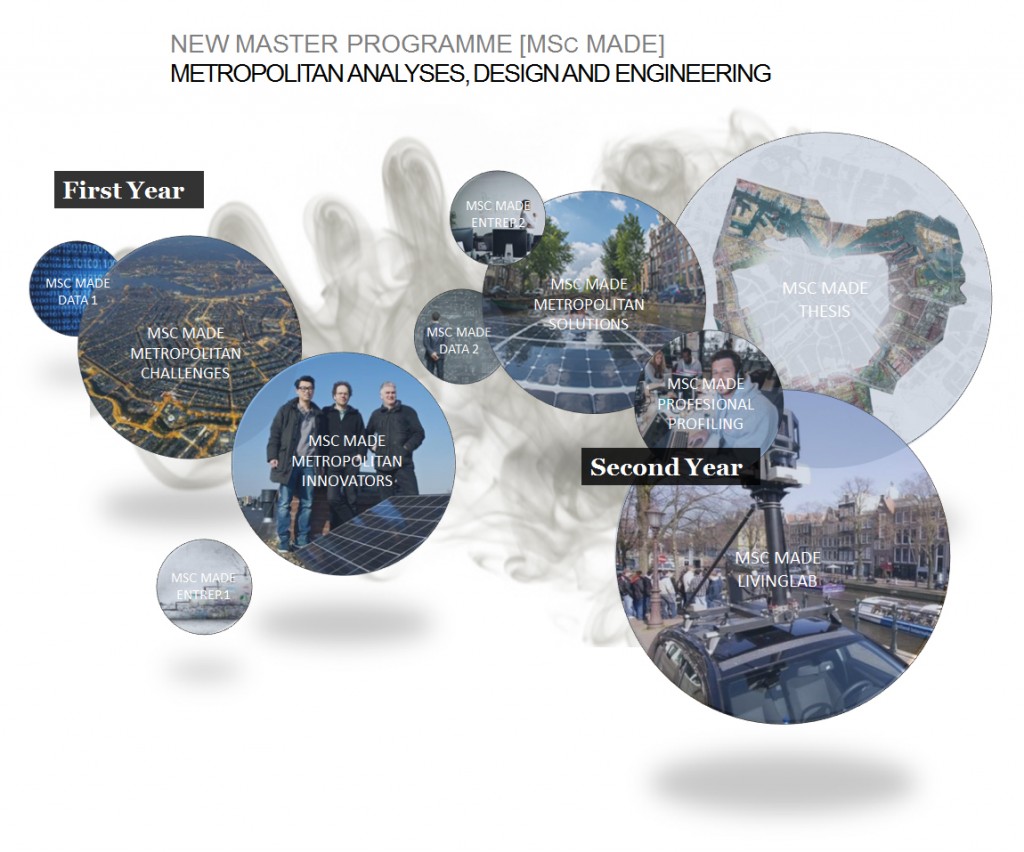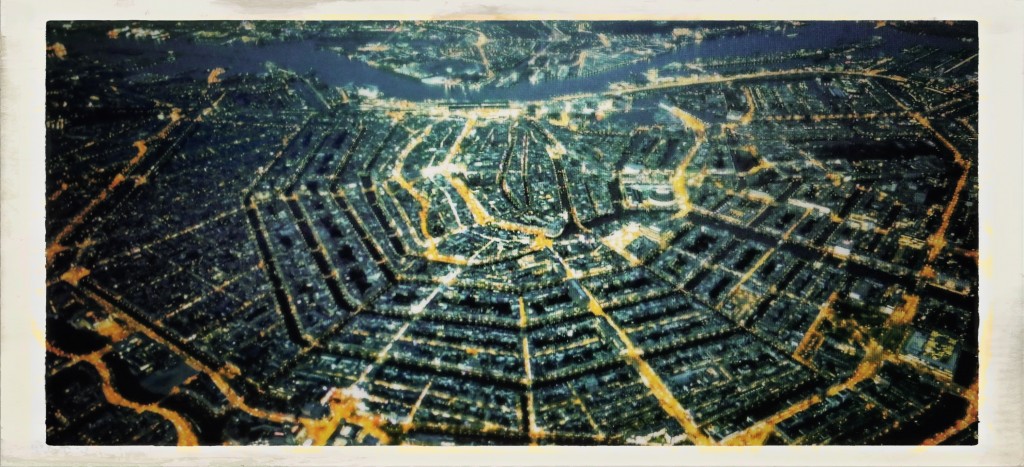The Amsterdam Institute for Advanced Metropolitan Solutions (AMS), Delft Deltas, Infrastructures & Mobility Initiative (DIMI), the International Forum on Urbanism (IFoU) and Delft University of Technology join together in the organisation of the interdisciplinary 2017 Summer School: Making the Metropolis, Exploring Interdisciplinary Approaches in Design Engineering. (22 to 30 August 2017, in Delft and Amsterdam)
This summer school starts from the observation that today’s revolution of new technologies, theories and methods are making advanced metropolitan solutions possible, but acknowledges that no single actor or stakeholder can make metropoles move in a specific direction. Metropolitan solutions require cooperation between knowledge institutes, companies and governments, as well as between cities, citizens and civil society.
Continue reading


